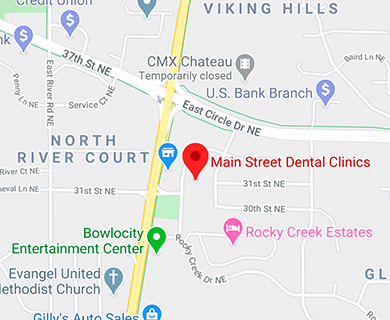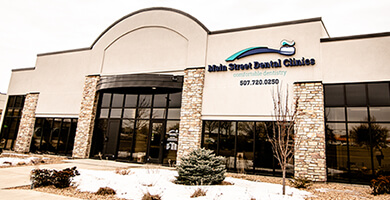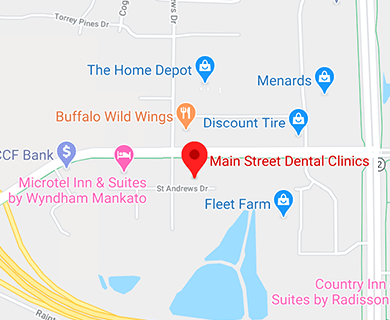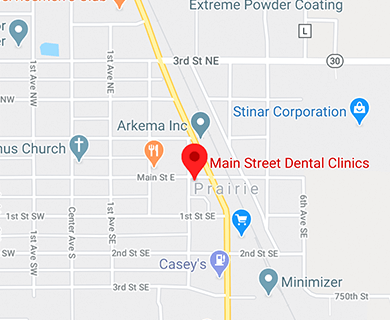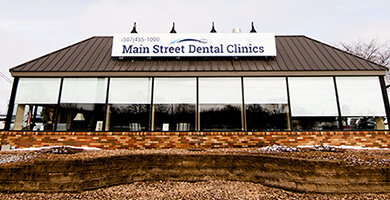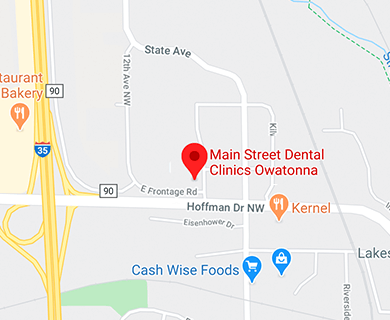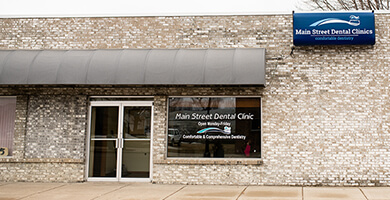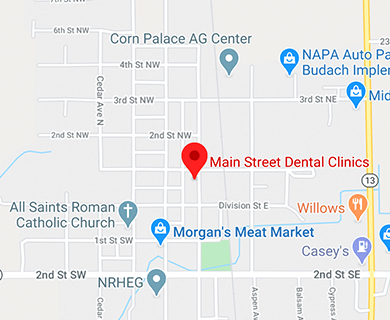Many Americans don't know what's covered in their dental insurance plans, and an invoice from their dentist's office often surprises them. Here's a guide to what's covered (and what's not) in the majority of dental plans.
What's Usually Covered
Typically, dental insurance will cover the following:
Check-ups
You will need to visit your dentist, usually twice a year. Your insurance plan will usually cover the cost of these check-ups, which means you don't need to pay any additional fees after the service.
X-Rays
If you require x-rays as part of your check-up, your insurance plan will usually cover these, too. X-rays will determine the overall health and condition of your teeth.
Cleanings
If you need a clean as part of your check-up, your insurer will often cover the cost of this service. A cleaning can remove any plaque on your teeth that might cause problems in the future.
All of the above treatments are preventative care procedures. These treatments won't fix any problems with your teeth and gums, but they can prevent you from having oral health issues in the future.
What's Sometimes Covered
This all depends on your insurer, but some dental plans will cover the following:
Fillings
You might require a filling to cover a hole in your tooth. This usually happens as a result of poor diet or oral hygiene practices. This is a simple, common procedure.
Crowns
You might require a crown to replace a damaged or decayed tooth. This process is a little more complicated than having a filling, but many insurance companies will cover the cost of this treatment. If they don't, you might have to pay for all (or some) of the procedure through out-of-pocket expenses.
Tooth Extractions
If you have a tooth that has been severely chipped or decayed, there's a chance you might need to have it removed. Like crowns, some insurance companies cover the cost of tooth extractions.
Root Canal
Root canals are far more common than you might think. In most instances, your insurance company will cover the cost of this treatment, which means you won't have to pay any additional fees. If your insurance company doesn't cover the cost of the above treatments, you may need to pay for a portion of the service through out-of-pocket expenses. Make sure to check and see what is covered by your specific plan.
What's Not Covered
Again, this depends on the insurance plan but, generally, insurance companies won't cover the cost of the following:
Orthodontics
If you need braces or other orthodontic work, your insurer might not cover the costs, especially if you are an adult. Some insurers might pay for some of the treatment, and you will need to pay for the rest. Other insurers will expect you to pay for the whole treatment.
Periodontics
Periodontics refers to the structures that surround the tooth. Unlike some of the procedures above, periodontal treatment can be costly and time-consuming. Most insurers will expect you to cover the cost of this treatment yourself (or at least the majority of it).
Cosmetic Dentistry
Again, insurers won't usually cover cosmetic treatments, such as veneers or teeth whitening. You can either choose to have one of these treatments carried out by your regular dentist or go elsewhere.
It All Depends on the Plan
What's covered in your insurance plan will all depend on the insurer. This is why it's important to do your research and read the small print before you purchase dental insurance. If you have insurance through work, find out what's covered — and what's not.
"Most plans follow the 100-80-50 coverage structure. That means they cover preventive care at 100%, basic procedures at 80%, and major procedures at 50% or a larger co-payment," says Web MD. "But a dental plan may elect not to cover some procedures, such as sealants, at all."
Find a dental plan that caters to your individual circumstances. This will provide you with peace of mind in the event of emergency treatment like a root canal or an extraction.



